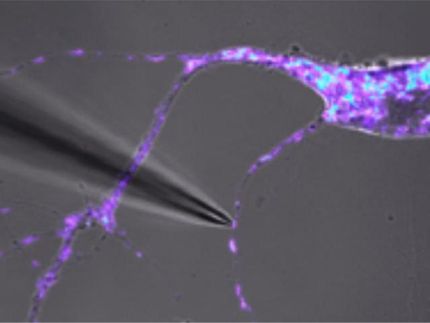Trophos initiates clinical development for novel cardioprotective compound, TRO40303
First in human study for innovative approach to reducing cardiac ischemia-reperfusion injury
Advertisement
Trophos SA announced the initiation of clinical development for TRO40303, a novel mitochondria pore modulator. TRO40303 could become the first treatment to reduce the cardiac reperfusion injury that contributes significantly to the morbidity and mortality seen post myocardial infarction (MI). The first-in-human study will enroll healthy volunteers and will compare the safety and tolerability of a single dose of TRO40303 to placebo. The initiation of this study follows promising pre-clinical results, which suggest TRO40303 can significantly reduce infarct size following cardiac ischemia-reperfusion.
“The initiation of the clinical development of our second mitochondrial pore modulator, TRO40303, represents a major advance for Trophos. There are around 1.6 million cardiac reperfusion procedures performed in hospitals and specialist clinics each year in the major markets. This program fits perfectly with Trophos strategy of creating value by targeting niche, high medical need markets,” commented Damian Marron, Trophos’ CEO. “Trophos is excellently positioned to deliver on its goals with this program and with our lead product, olesoxime, in a phase 3 study for the orphan neurological disease of amyotrophic lateral sclerosis as part of the EU funded MitoTarget project.”
The objective of this phase 1 study is to assess the safety, tolerability and pharmacokinetics of single escalating doses of TRO40303 as an intravenous infusion at different rates compared with placebo in 64 healthy volunteers. Results from the study are expected in Q1 2010 and will allow the compound to be moved rapidly into a phase 2 proof-of-concept study in acute MI patients with large myocardial infarct undergoing percutaneous transluminal coronary angioplasty (PTCA also known as coronary or balloon angioplasty) during percutaneous coronary intervention (PCI), where TRO40303 will be dosed as a single iv short infusion immediately prior to the emergency intervention.






















































